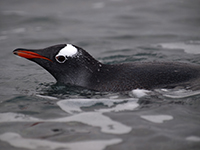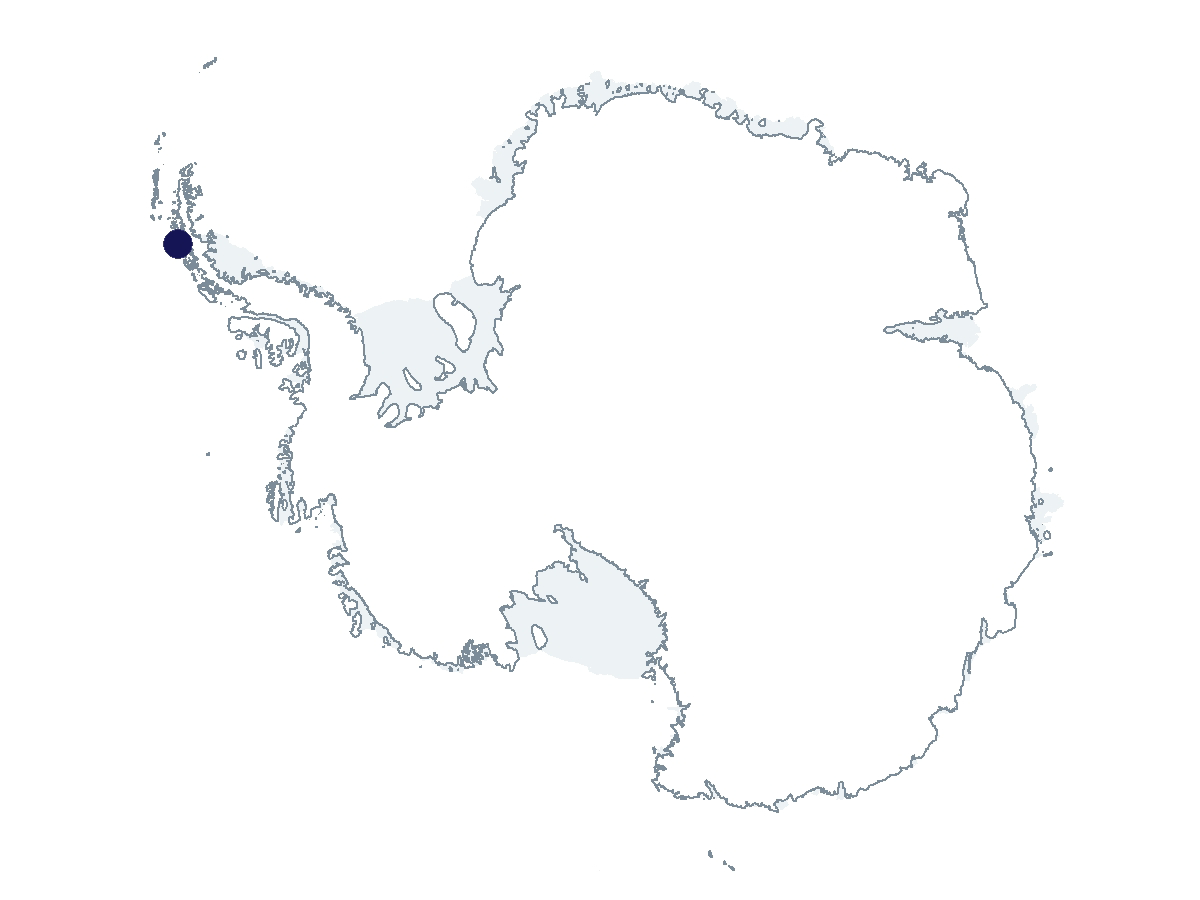2022-2023 USAP Field Season
Project Detail Project TitleCollaborative Research: Linking predator behavior and resource distributions: penguin-directed exploration of an ecological hotspot Summary
Event Number:
Program Director:
ASC POC/Implementer: Principal Investigator(s)
Dr. Mark Alan Moline
Location
Supporting Stations: Palmer Station DescriptionREMOVE FROM 2023-24 While it has long been known that penguins feed on krill, details about how they search for food and target individual prey items is less well understood. This project will use specialized Autonomous Underwater Vehicles (AUVs) to simultaneously collect high-resolution observations of Adélie and Gentoo penguins, their prey, and environmental conditions. Data will shed light on strategies used by penguins to forage successfully during the critical summer chick-rearing period. This will improve predictions of how penguin populations may respond to changing environmental conditions in the rapidly warming Western Antarctic Peninsula region. Greater understanding of how individual behaviors shape food web structure can also inform conservation and management efforts in other marine ecosystems. This project has a robust public education and outreach plan linked with the Monterey Bay Aquariums. Field Season OverviewThree participants will deploy to Palmer Station in austral summer. Operations will primarily include daily AUV missions to map salinity, temperature, currents, chlorophyll, light, and multi-frequency acoustic scattering, which will supplement tagging observations of penguin populations currently being observed by the Palmer Long Term Ecological Research (PAL-LTER) group as part of a collaborative effort. In addition to AUV missions, the science team will participate on net tow missions of prey targets (krill) from a rigid-hulled inflatable boat up to twice per week with the PAL-LTER field team for the purposes of validating AUV acoustic interpretation of krill and predators. Deploying Team Members
|
2022-2023 Science Planning Summary



For USAP Participants |
For The Public |
For Researchers and EducatorsContact UsU.S. National Science FoundationOffice of Polar Programs Geosciences Directorate 2415 Eisenhower Avenue, Suite W7100 Alexandria, VA 22314 Sign up for the NSF Office of Polar Programs newsletter and events. Feedback Form |



